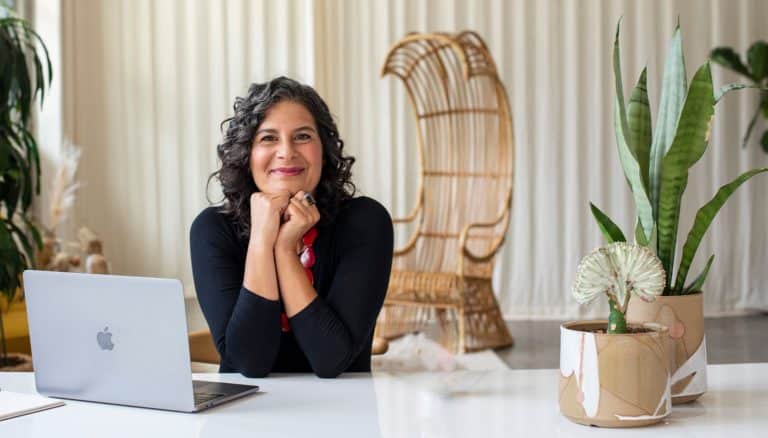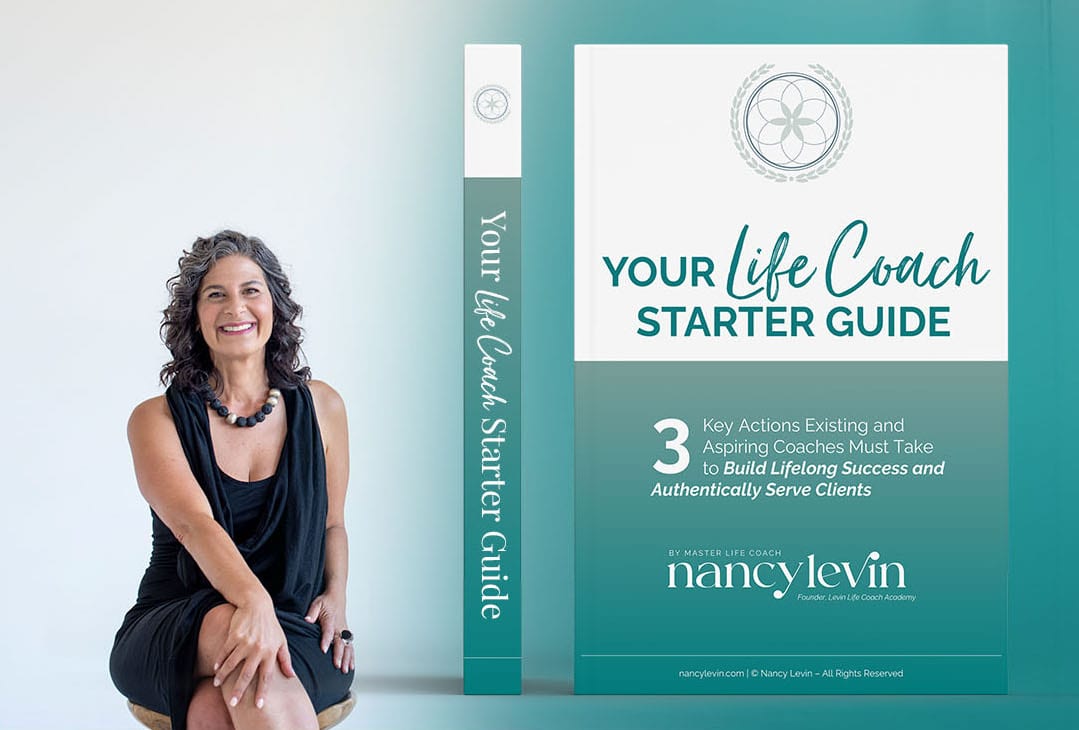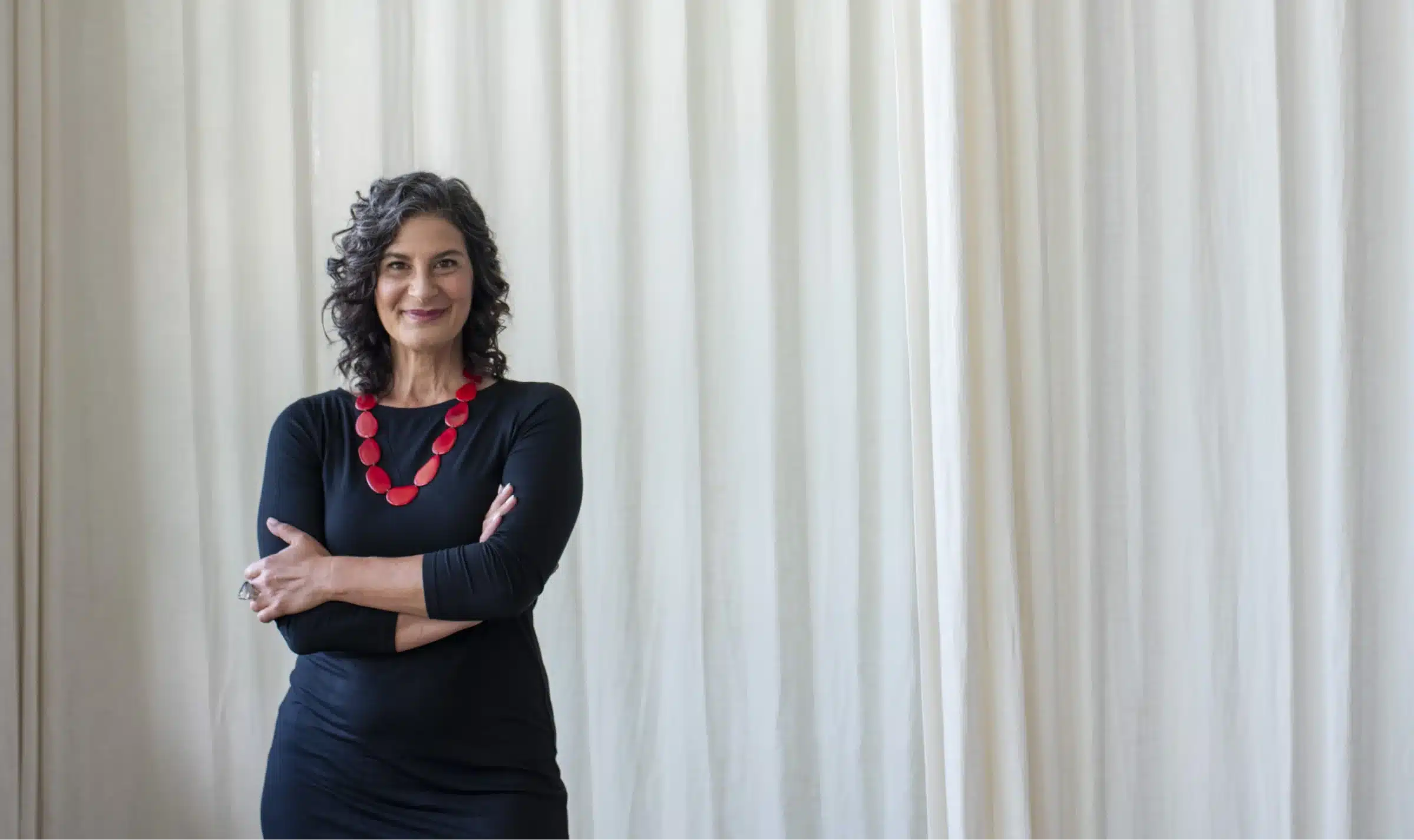
Uncover Your Underlying Commitments
When I first met Abby, she was trying to break free from living paycheck to paycheck. Her excuse up until that point was that she was already getting paid better than her peers at her company, so more money was not in the cards. Through our work together, she unearthed a shadow belief about rich people. “The wealthy are greedy and dishonest,” she said. She traced that belief back to statements she heard her parents say when she was a kid.
Uncovering that belief was quite a shocker for Abby! Even after bringing the idea to light and becoming aware of the excuses she had made to uphold that belief, Abby felt stuck. It was a belief that had taken hold when she was probably five or six years old. At such a young age, she unconsciously thought it was fact. She could see that it was just a misinformed belief, yet she was at a loss as to how to disengage from it. Abby had an underlying commitment to live paycheck to paycheck so she would never have to be one of the greedy and dishonest people her parents disliked so much.
So what is an underlying commitment?
“Underlying commitment” is a term my dear friend and mentor, the late Debbie Ford, created. Others have called them “unconscious commitments” or “hidden commitments.” They’re commitments we made to ourselves when we were very young as a result of the limiting beliefs we developed. We don’t know about them because they’re in the shadows of the unconscious, underlying in our conscious knowledge.
When we get stuck in a pattern that we can’t seem to change no matter how hard we try, it’s almost certainly the result of an underlying commitment. We think we are committed to one thing, but we are dedicated to something else. For example, let’s say you believe you are committed to starting your own business. But your underlying commitment is to actually stay safe and small right where you are. Even as you make efforts to start your own business, some part of you is sabotaging those efforts and ensuring you fail.
Underlying commitments cause us to take actions that lead us away from the direction of our dreams. To get stuck in patterns that we can’t seem to change no matter how hard we try. To create results that are inconsistent with what we say we desire. But the truth is that we’re always getting what we’re committed to—our underlying, hidden commitments.
Say you want to start your own business, but you grew up in a family that always struggled financially. So at a young age, you formed the belief that to not turn into your family—and thus, stay safe—you would need to struggle with money as well. Because of that belief, you made a promise to yourself that you would avoid your finances to prevent pain. In fact, you spent years doing just that. You’ve been to seminars; you’ve practiced manifesting meditations; you’ve written abundance affirmations. You’ve even worked on discovering your limiting beliefs and your excuses. Maybe you’ve even gone so far as to start that business finally, only to have it crash and burn. What’s going on?
Because you formed the belief that you’ll always struggle with money—and promised yourself that you’d avoid your finances—you’re creating a reality characterized by struggle. You’re committed to struggle and avoidance. Now, why would anyone stay committed to such a thing when it comes at such a high cost? To the little one inside, it feels safe. Remember, this commitment is unconscious and began when you were very young.
What Do Underlying Commitments Sound Like?
To help you figure out your underlying commitments, let’s look at what they
often sound like compared to what we think we’re committed to.
“I am committed to becoming a public speaker.”
Underlying commitment: “I am committed to staying small so that I won’t be called stupid.”
“I want to start my own business.”
Underlying commitment: “I am committed to controlling everything, so I feel safe, and having my own business feels very out of control.”
“I am committed to becoming an artist.”
Underlying commitment: “I am committed to being an accountant because that’s what my father was, and he died when I was young. I’ll dishonor him if I do something else.”
When you expose your unconscious commitments, you’re gaining the ability to see and tell yourself the truth. You can step into a greater sense of worthiness—one that says, “I feel compassion for my child self’s beliefs and commitments, and now it’s time for me as an adult to commit to what I truly deserve.”
For more, click here to join my Facebook Group!








